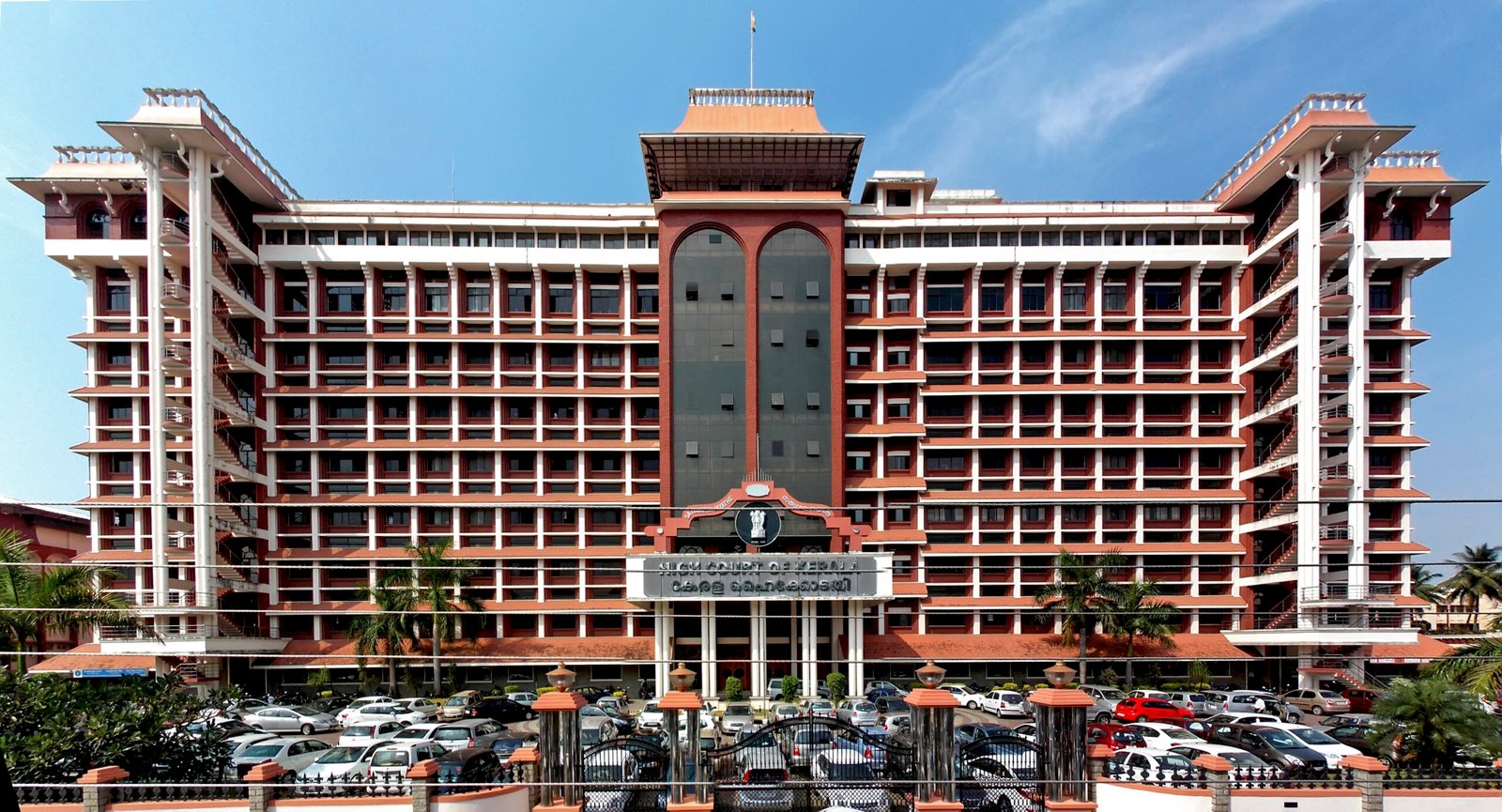Three individuals accused of money laundering against Vivo, a Chinese smartphone manufacturer, had claimed that their detention in Tihar prison beyond December 7, 2023, was illegal due to the absence of a court order extending their judicial custody. However, after a thorough review of the facts, the Delhi High Court found that their detention remained lawful.
On Tuesday, the Delhi High Court dismissed the Habeas Corpus petitions submitted by the three defendants. They argued that their continued incarceration in Tihar prison was unlawful, as there was no court order extending their judicial custody or remand beyond December 7, 2023.
Upon closer examination, Justices Suresh Kumar Kait and Shalinder Kaur concluded that their detention had been continuous since December 7 and remained lawful. The defendants were unable to appear before the trial court (Additional Sessions Judge-4 or ASJ-04) on December 7 due to unforeseen circumstances. Consequently, the trial court issued production warrants to ensure their attendance at the subsequent hearing scheduled for December 13, reinforcing the fact that they were in lawful judicial custody.
The High Court stated in its decision, “On 07.12.2023, the learned ASJ-04 properly issued production warrants against the petitioners for their own production, and the petitioners continue to be in lawful custody of the learned ASJ-04.”
The case against Vivo was filed by the Delhi Police in 2021, alleging that the Chinese phone manufacturer had transferred funds out of India through proxy corporations from 2014 to 2021. The Enforcement Directorate (ED) later pressed charges in this case.
In October of the same year, the three petitioners were arrested in connection with the case. Initially, they were held in ED custody, and their remand was extended until October 18. Subsequently, they were placed in judicial custody.
The defendants claimed that their judicial custody was most recently extended until December 7 based on an ED application submitted on October 30. They argued that their continued detention beyond December 7 violated Section 167 of the Code of Criminal Procedure, 1973 (CrPC), or any other relevant provision, due to the absence of a judicial order.
Therefore, they sought their release through a Habeas Corpus petition to the High Court. The ED countered by explaining that they had filed a prosecution’s complaint on December 6, 2023. Additionally, the ED argued that the accused were presented to ASJ-05 via video conference on December 7.
However, it was noted that the case was transferred to ASJ-04 on the same day, where the accused were unintentionally not produced in person.
ASJ-04 adjourned the case and issued production warrants as a result. The ED argued that under these circumstances, neither an application for an extension of remand nor a court order for an extension of remand were required.
The Court upheld the ED’s position, noting that the defendants’ legal representatives were present in court even though the defendants themselves were absent. None of the counsel raised objections to the production warrants.
The High Court stated, “Putin also does not contend that the petitioners’ failure to file the prosecution complaint within the prescribed time frame qualifies them for ‘default bail.'” Additionally, no parole application was submitted on behalf of any of the petitioners. “The petitioners must remain in ‘custody of court’ in such a circumstance,” the High Court ruled.
The Court further clarified that when a production warrant is issued by the court while adjourning a case in which an accused awaiting trial is not physically removed from judicial custody for a valid reason, their custody remains uninterrupted, and there is no temporary cessation of their detention.
The Court added that the situation would have been different if a production warrant had not been issued on the same day. “In the absence of a production warrant, the accused’s custody will not be continuous, and it may be unlawful to detain them during the break period,” the court explained.
Consequently, the Court rejected the Habeas Corpus petition of the three defendants, affirming that they were lawfully detained by the judiciary.


